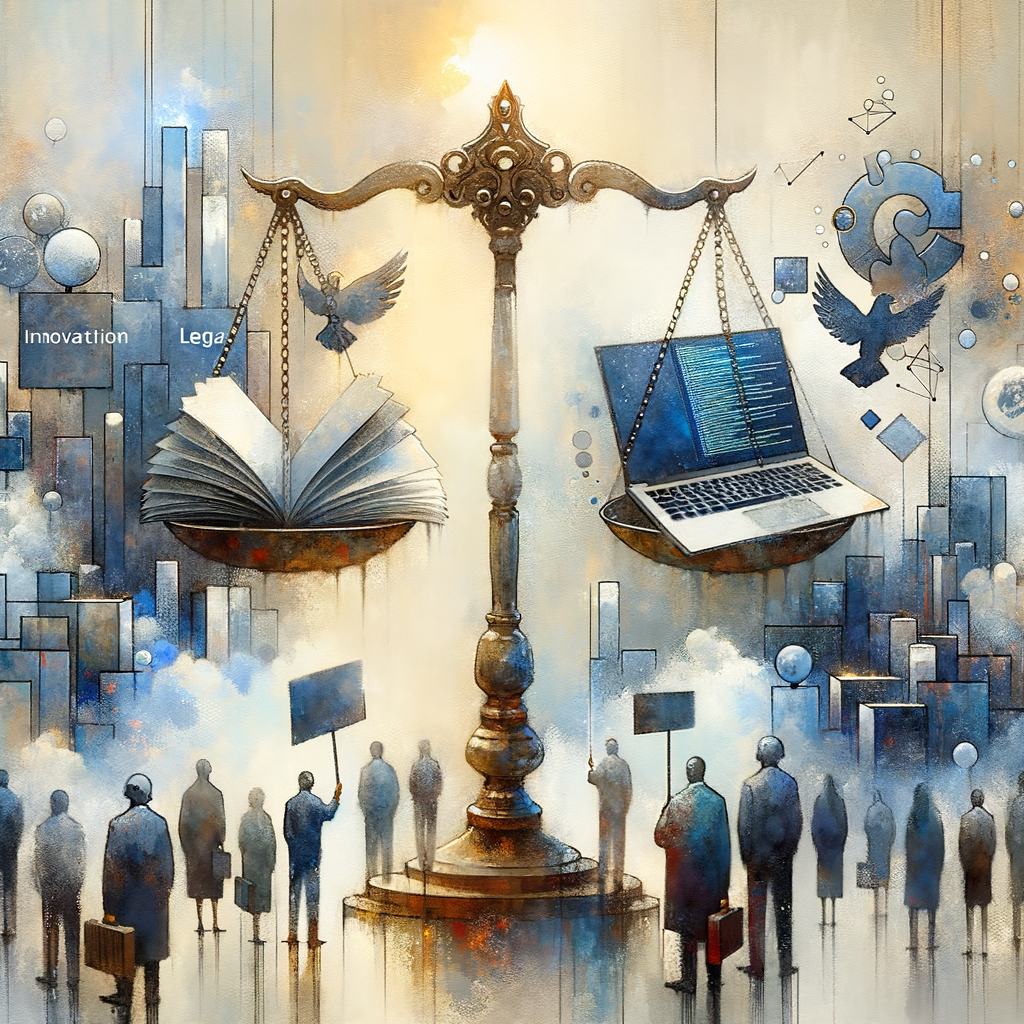If there’s one thing the Nigerian crypto community knows how to do, it’s weather a storm. When the government imposed a freeze on cryptocurrency transactions, many saw it as a death knell for the industry. But in reality, it was more of a wake-up call—a chance to pivot, innovate, and showcase the resilience that has become synonymous with Nigeria’s tech scene. And as a crypto recruitment founder, I’ve witnessed firsthand how this resilience has translated into a renewed demand for Nigerian crypto skills in the post-freeze era.
A Personal Journey Through the Freeze
I still remember the day the news broke—Nigerian banks were ordered to halt all cryptocurrency transactions. It felt like the rug was pulled out from under an entire industry. Panic spread like wildfire, and I received a flood of calls from clients and candidates alike, all asking the same question: “What now?”
But here’s the thing about the Nigerian spirit—it doesn’t just give up. Instead of throwing in the towel, the community doubled down. Developers, blockchain experts, and crypto enthusiasts started exploring new ways to bypass traditional systems, leaning heavily into decentralised finance (DeFi) and peer-to-peer (P2P) platforms. It was a lesson in adaptability, and it set the stage for a shift in the skills that became most valuable in this new landscape.
The Rise of Peer-to-Peer Expertise
When the government closed one door, the crypto community opened another—P2P trading. No longer able to rely on traditional exchanges, Nigerians turned to peer-to-peer platforms to continue their transactions. This shift created an immediate demand for professionals who understood the intricacies of P2P systems, from security protocols to user experience design.
As a recruiter, I saw a surge in requests for talent with P2P expertise. Companies were looking for developers who could build robust, user-friendly platforms that catered specifically to the Nigerian market. Those who had experience with P2P models, especially within high-volume and high-risk environments, quickly became hot commodities. It was a fascinating pivot—one that highlighted the Nigerian crypto skills and the community’s ability to adapt and thrive, even under restrictive conditions.
Blockchain Developers: The Backbone of Resilience
While P2P trading offered an immediate solution, the long-term vision of the Nigerian crypto space still revolved around blockchain technology. With traditional exchanges off the table, there was a renewed focus on decentralised apps (dApps) and smart contracts, leading to a spike in demand for blockchain developers.
Blockchain developers have always been in high demand globally, but in Nigeria, post-freeze, they became the linchpin of the industry’s resilience. Companies needed experts who could build and maintain secure, scalable blockchain networks that operated independently of government oversight. This meant not just technical proficiency, but also an understanding of the unique challenges faced in the Nigerian market, from internet connectivity issues to local regulatory hurdles.
I remember working with one candidate, a blockchain developer who had been involved in several international projects. He had the skills, no doubt, but what set him apart was his deep understanding of the Nigerian landscape. He knew how to design systems that could function even with sporadic internet and how to navigate the murky waters of local regulations. It was this blend of global expertise and local knowledge that made him invaluable, and he quickly became one of the most sought-after professionals in the space.
Community Builders: The Unsung Heroes
It’s easy to focus on the technical side of things, but there’s another role that has become increasingly important post-freeze—community building. In a decentralised world, communities are everything, and in Nigeria, they have become the glue that holds the crypto ecosystem together.
The freeze didn’t just affect transactions; it shook the confidence of many would-be investors and participants. This is where community builders stepped in. They organised online forums, hosted virtual meetups, and created educational content to keep the community engaged and informed. Their efforts were crucial in maintaining the momentum of the Nigerian crypto space during those uncertain times.
As a recruiter, I’ve seen the value that strong community leaders bring to the table. They’re the ones who can rally the troops, inspire confidence, and keep the spirit of innovation alive. And in the wake of the government freeze, their role has only become more critical.
The Future of Nigerian Crypto
So, where does the Nigerian crypto community go from here? If the past is any indication, the answer is forward—always forward. The government freeze may have been a setback, but it also served as a catalyst for innovation and growth. The demand for P2P expertise, blockchain development, and Nigerian crypto skills in community building is stronger than ever, and those who possess these abilities are poised to lead the charge in this new era of Nigerian crypto.
In the end, it’s not just about surviving; it’s about thriving in the face of adversity. The Nigerian crypto community has shown that it has the resilience and the talent to do just that. And as we look to the future, one thing is clear—the best is yet to come.




